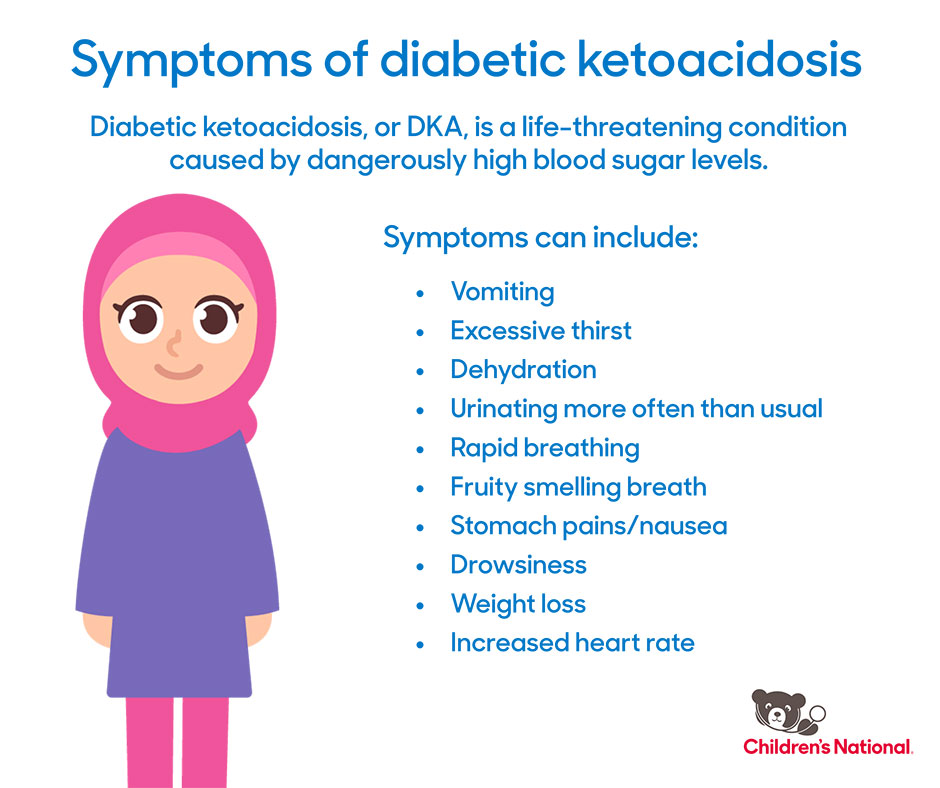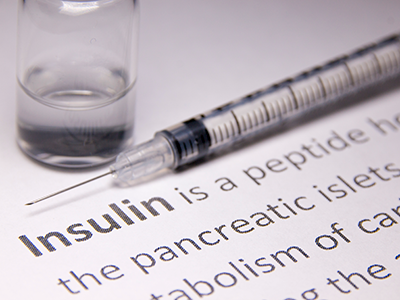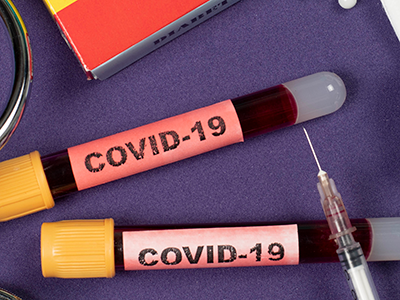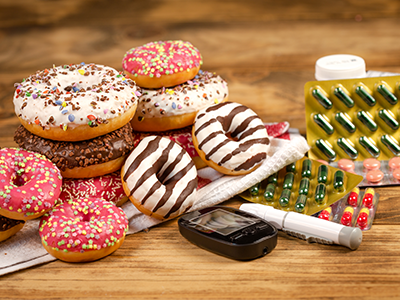For some children, a diabetes diagnosis only happens after they experience diabetic ketoacidosis (DKA) — a life-threatening condition caused by dangerously high blood sugar levels. DKA is a very serious complication of uncontrolled diabetes that results from a lack of insulin which allows blood glucose to enter the body’s cells.
What are the symptoms of diabetic ketoacidosis?
Symptoms of DKA can include:
- Vomiting
- Dehydration
- Rapid breathing
- A ketotic odor (like nail polish remover) on the breath
- Increased heart rate
- Decreased capillary filling
- Decreased blood pressure
- Abdominal pain
- Extreme fatigue or drowsiness
- Alteration of mental status
How is diabetic ketoacidosis diagnosed?
A diagnosis of DKA is made by measuring the pH and bicarbonate levels along with blood sugar. DKA occurs when the body’s pH is below 7.3 or bicarbonate levels are less than 15.
How is diabetic ketoacidosis treated?
A patient with DKA is initially treated with intravenous normal saline to expand the blood volume and help alleviate dehydration. After volume expansion an insulin drip is begun to allow the glucose to be absorbed slowly into the cells as well as to prevent the body from further breaking down fat for energy which had previously resulted in the development of ketones and acidosis.
Is there any way I can prevent my child from getting diabetic ketoacidosis?
Yes! For a child who is at risk of developing diabetes, it is important to know the symptoms of diabetes before the child develops DKA: increased urination, increased drinking, increased eating weight loss, and fatigue as well as getting up at night to urinate. In younger children, diaper rash may be the first presenting symptom and yeast infections may be present in adolescents.
In a known patient with known diabetes, consistent administration of insulin is key. Also, sick day management is essential, including increased fluids, close attention to blood sugars and observing for the development of ketones. Keeping in contact with the child’s diabetes team is paramount.
Are some children more prone to getting diabetic ketoacidosis than others?
Younger patients with new onset diabetes tend to develop diabetic ketoacidosis more frequently. In addition, adolescents who intentionally omit insulin for weight management or eating disorders are prone to getting DKA.
What should I do if I think my child might have diabetic ketoacidosis?
If the child has yet to be diagnosed with diabetes, contact your pediatrician immediately and go to the emergency department for diagnosis and management.
If the child has already been diagnosed with diabetes, check blood sugar and ketones. If blood sugar is elevated along with moderate or large ketones, contact your child’s diabetes team for further instructions and a likely trip to the emergency department. Communication with the child’s diabetes team is essential.

Download our diabetic ketoacidosis infographic here.
 https://riseandshine.childrensnational.org/wp-content/uploads/2022/04/checking-blood-sugar-on-teddy-bear-feature.png
300
400
Rise and Shine
https://riseandshine.childrensnational.org/wp-content/uploads/2017/11/childrens_riseandshine_logo.jpg
Rise and Shine2022-04-12 11:10:502023-06-29 10:45:13Type 1 versus Type 2 diabetes
https://riseandshine.childrensnational.org/wp-content/uploads/2022/04/checking-blood-sugar-on-teddy-bear-feature.png
300
400
Rise and Shine
https://riseandshine.childrensnational.org/wp-content/uploads/2017/11/childrens_riseandshine_logo.jpg
Rise and Shine2022-04-12 11:10:502023-06-29 10:45:13Type 1 versus Type 2 diabetes














Leave a Comment
Want to join the discussion?Feel free to contribute!